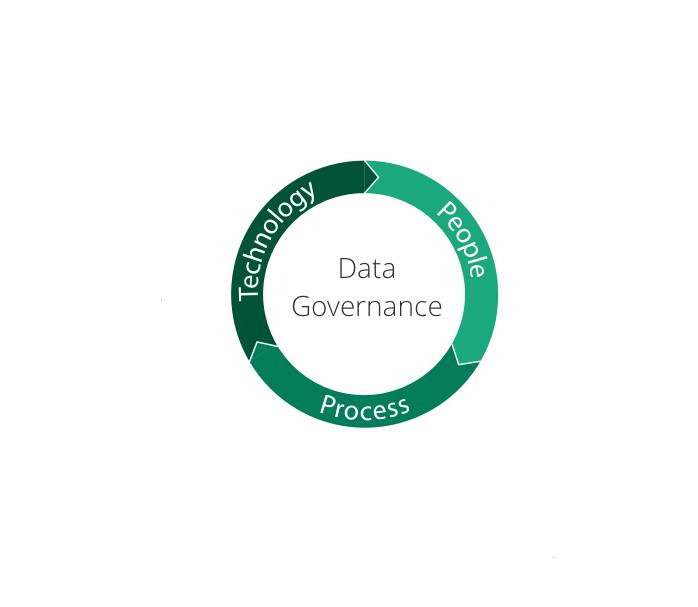Data cataloging is the process of organizing and managing metadata about an organization’s data assets, such as databases, tables, files, and columns. The goal of data cataloging is to create a comprehensive inventory of an organization’s data assets and provide a centralized location for discovering and accessing data.
Data cataloging is becoming increasingly important as organizations generate more and more data and need to make sense of it to drive business decisions. Data cataloging provides a way to easily search and find relevant data assets, understand their content and context, and track their usage and lineage.
Data cataloging typically involves three key components: metadata management, data discovery, and data lineage.
Metadata management involves capturing and managing metadata about data assets, such as data descriptions, data types, data owners, data quality, and data lineage. This metadata is stored in a central catalog, making it easier to discover and access data assets.
Data discovery involves searching for and locating data assets in the catalog based on their metadata attributes. Users can search for data assets by name, description, data type, and other criteria, making it easier to find the data they need.
Data lineage involves tracking the flow of data from its source to its destination and understanding how it has been transformed and manipulated along the way. Data lineage provides a way to trace the origins of data and ensure its accuracy and reliability.
Data cataloging has several benefits for organizations, including improved data discovery and access, better data governance, increased productivity, and reduced risk. By providing a centralized location for managing metadata and tracking data lineage, data cataloging can help organizations make better use of their data assets and improve their decision-making processes.
In conclusion, data cataloging is a critical process for organizations that want to make the most of their data assets. By providing a centralized location for managing metadata, discovering data assets, and tracking data lineage, data cataloging can help organizations improve their data governance, increase productivity, and reduce risk. With the right data cataloging tools and practices in place, organizations can unlock the full potential of their data assets and drive business success.

